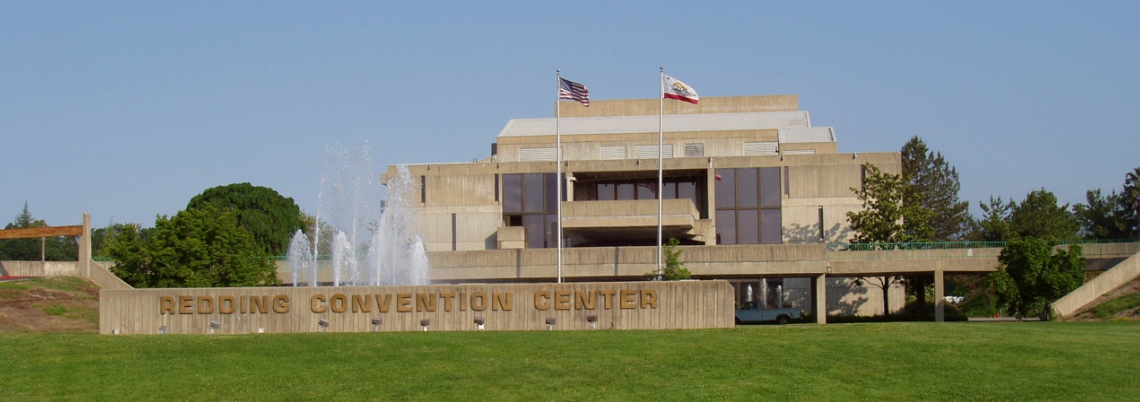This is a guest post from my friend, Cole Zick, from an organization I founded— Moral Revolution. I wanted you to hear it today as you continue conversations with your children about sex. Remember, if you don’t talk to them about it, somebody else will!
As a parent, the thought of talking about sex with our kids can be overwhelming and cause quite a bit of anxiety. Depending on our own experiences and knowledge, we may not feel qualified to discuss the topic. If sexual issues were a part of our past, or continue to be a current struggle, shame can freeze us in our tracks. If we do muster the strength to broach the topic, it is often much later in their life than it should be. When it comes to talking about sex, the only “unfixable” mistake a parent can make – is to not talk about it.
My oldest son, Caleb, came home from school one day in shock. He was only in 2nd grade and was asking us about “being gay.” Apparently, he had begun to hear kids talk about it at school. A year before, as a first grader, he and his friends became enamored with talking about people having “six.” After some conversations, we discovered he meant to say “sex” but had no idea what it was. He had been told it was “two people kissing on the ground.” Both of these instances began to shape the sexual paradigm my son would have, and how we responded to these moments would play a nearly irreversible role in his sexual narrative.
In this post, I want to give some really practical details of when and how to talk about sex and pornography with your kids. Brace yourself, you’ll likely need to start having these conversations much earlier than you realize.
WHEN TO TALK TO YOUR KIDS ABOUT SEX AND PORN
Before we jump to conclusions about what age kids are ready for these conversations, it’s important to know what is really going on in our culture. Kids are finding pornography in unprecedented frequency at a much earlier age than ever before. A 2009 study in the Journal of Adolescent Health found that 85% of adolescent males and 50% of adolescent females had been exposed to pornographic material. Most studies have determined that the average age of first exposure to pornography is between 8 and 11 years old.¹
This is important because the initial introduction we have to any topic has a significant impact on us. As humans, the majority of our behaviors are learned, as opposed to innate. This means that our first and most frequent experiences in a given area become the foundation of what we believe. Once a foundation is laid in the realm of sexual perspective, it can take years and significant work to reset.
Due to the early age that kids are discovering pornography and how easily accessible it has become, these porn experiences are capturing the market for sex education. The impact of a pornographic paradigm is astounding. According to the American College of Pediatricians, “Children under twelve years old who have viewed pornography are statistically more likely to sexually assault their peers.” This is largely contributed to the fact that ”It is common for pornographic movies to portray male vs. female verbal and physical aggression as well as sexual acts that are overtly degrading to women.” As a matter of fact, some studies say that as high as 88% of pornography displays aggression towards women.¹
So let’s pause and put this all together. Eighty-five percent of our kids find pornography as adolescents. Many of them between the ages of 8 and 11. As much as 88% of what they are finding, displays violent or aggressive sex. We have to overcome fear and shame so we can start having the right conversations at the right time with our kids.
3 KEYS FOR HEALTHY CONVERSATIONS ON SEXUALITY
So how do we have these conversations?
1. Be ready to answer their questions.
When your child begins to discover words like sex, gay, or anything else that is associated with sexuality, DON’T FREAK OUT! How you respond is just as important as what you say. You know your child is ready to talk about this stuff because they begin to ask you about it. Regardless of how young they are, if it is on their radar, then it needs to be on yours. Now you don’t have to fill them in on every single detail by the time they are 10, but you should answer the questions they ask.
As parents, we really need to do away with the idea of “The Talk.” What is most important is that you establish an environment in your home that communicates you are always available for conversations on sex. What you are doing is establishing yourself as a source of information on this topic. You want their mind to remember that you answered comfortably and honestly when they asked. Then as they get older and the questions get more in-depth, they remember that YOU are their go-to-source.
2. Watch your tone.
It is so important to not embarrass your kids or make them think they have done something wrong by asking about these things. In the story I told earlier, my son was in first grade trying to say “sex” and had no idea what it was. If I had responded in shock or tried to tease him about starting to like girls, then I would have been sending him the message that I couldn’t be trusted with this topic. The next time he liked a girl or had a question, he most likely wouldn’t have come to me.
3. Be honest.
It can be easy to lie in order to avoid an uncomfortable question. However, as your child grows and realizes you weren’t honest, it will sow doubt in their heart about the answers you give. I also don’t think it is a good idea to demean them by saying, “you won’t understand.” One of the things I say when my son asks something I don’t think he’s ready for is, “Son, that is a good question, but I think you are a bit young to know the answer right now. How about this? If it is something you really want to know in another few months or a couple of years, we will talk about it then. I want to be the one to answer this. I just want to do it when I think you are able to understand more about it.” I have never had a single problem with this answer. They normally say, “Okay dad, that sounds good.”
HOW I ANSWERED MY SON
I want to take a moment to circle back to the conversation I had that day with my second grader. I answered his questions like this, “Bubba, we will answer any and all questions you have about this stuff.” When he asked what sex was, I told him, “It’s something two naked people do together that makes a baby. On top of that, it’s something that is really good that God created for a husband and wife to do once they are married. Unfortunately, as you get older, you will hear a lot about sex in a negative way, because people misuse it.” Then I asked if he wanted to know more specifics about what you do when you are naked. He said he didn’t want to know that yet.
I then took a brief moment to talk about porn and said, “At some point, you may find pictures or videos of naked people having sex. You might have someone show it to you on their phone or iPad or maybe even accidentally find it yourself. Unfortunately, people make these videos and it’s called porn. Have you ever seen it?” He said “no”, so I continued, “Well it’s likely that you eventually will. When that happens, you don’t need to freak out. Just stop what you are doing and come and talk with me about it. You won’t be in trouble.” At his age, he was grossed out by the thought of it. So I let him know, “There may come a time when it doesn’t gross you out and that’s okay too because God made us to be attracted to the opposite sex. When that starts to happen, we can talk about that also.”
Since then, we have had conversations often about various topics in the sex realm, based on when he was curious. The beauty is that he always asks, and I always do my best to answer. I believe most kids don’t validate their parents’ view of sex because their parents didn’t start the conversation until years after their first exposure. Because of this, when their parents eventually describe it one way and tell them porn is bad, it conflicts with what their early exposure to porn taught them. It is my hope that my kids will look at porn as “the liar” because I chose to be their sex education teacher long before anyone else could define it for them.
________________________________________
¹ Perry, L. David. “The Impact of Pornography on Children.” American College of Pediatricians, 20 June 2017, www.acpeds.org/the-college-speaks/position-statements/the-impact-of-pornography-on-children.
________________________________________
Cole Zick is passionate about seeing the church come together to be effective and thrive in every area of life. He and his wife, Caitlin, currently serve as the Directors of Moral Revolution in Redding, California. With eleven years of marriage and ministry experience, they openly share their story and first years of sex in marriage, hoping to start a healthy conversation and ultimately see others find freedom through their experience. They also created four children in five years, which gives insight into their love for chaos.
Instagram: @colezick
For more information on Parenting Sexuality, you can check out the newest e-course.




